
"People used to come to see me asking to look like a particular celebrity but many patients come to me with a phone and show me pictures saying, 'That's how I get the most likes and followers and could we do that in reality. I'm tired of editing the picture'."
Body image has always been a contentious topic throughout history. Body 'ideals' continue to change decade after decade and subsequently the warped idea of 'beauty' is impossible to keep up with and subsequently unattainable.
With the rise of social media platforms such as Snapchat, TikTok and, in particular, Instagram, people have not only had even easier access to photographs and appearances to compare themselves to, but also filters which can alter the look of their own face.
Tyla spoke to plastic and cosmetic surgeon Dr Banwell about the 'shocking' effect social media - and particularly Instagram and its filters - have had on people's body confidence, perception of their own beauty, and cosmetic procedure requests.
Advert
Not long ago, cosmetic surgeons were met with people wanting to look more like Kim Kardashian and receive a butt lift, or get plumper lips like Kylie Jenner.
However, in recent years, Dr Banwell - from The Banwell Clinic - has seen a rise in the 'Instagram Face'.
"The 'Instagram Face' has poreless skin and plump, high cheekbones. It has cat-like eyes and long, cartoonish lashes, a tiny, neat nose and full, lush lips," Dr Banwell explains.

The plastic surgeon noted the look is a result of 'socialising online with filtered images having warped people's perception of beauty'.
"We're celebrating a beauty that takes away any flaws, removes any pores in our skin," he added.
And ultimately, like most standards of 'beauty,' it is 'an unnatural and unachievable look'.
While using filters at first seems harmless, it is people's obsession with them and view that the filter turns them into a 'better' version of themselves which is worrying.
Chasing such a look is pointless, because - if you needed reminding - the filters 'just aren't realistic'.
"They will increase the size of a patient’s eyes, change the shape of the face entirely, not to mention wipe out any imperfections where lines can’t be removed as the face just wouldn’t be able to show any emotion," Dr Banwell continues.
It's patients who come to Dr Banwell for certain looks such as the 'Instagram Face' who raise alarm bells that a cosmetic procedure is not the appropriate solution for them.
Dr Banwell explained: "I think that we have to be very careful as medical professionals to fully discuss a patient’s objectives and reasons for looking at cosmetic enhancement, surgical or otherwise.
"For patients who are incredibly insecure about their appearance we look to see whether they are suffering from Body Dysmorphic Disorder."
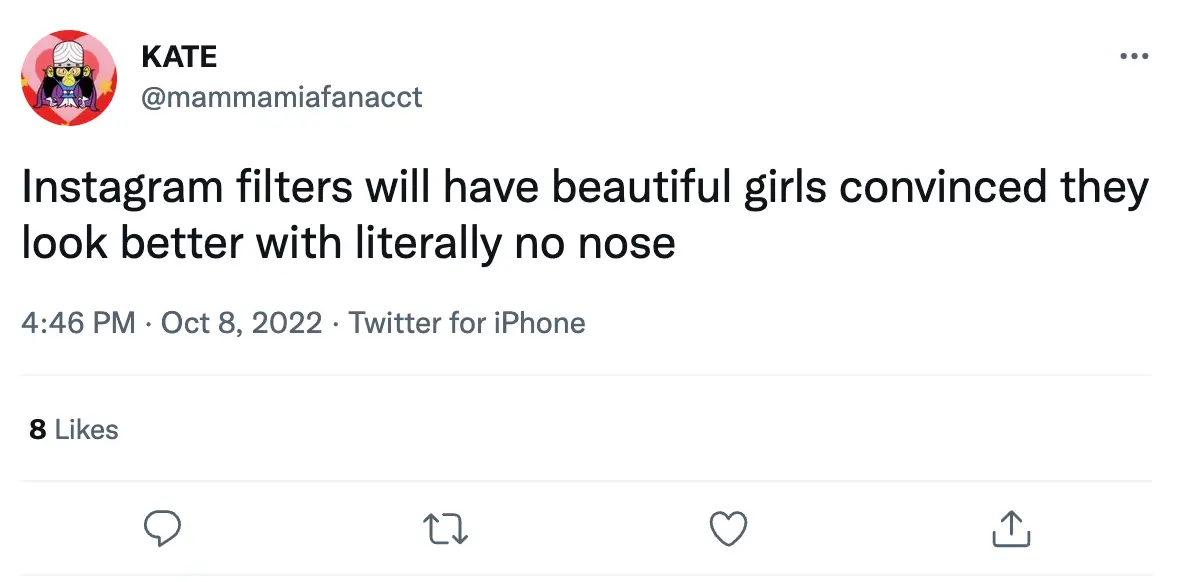
Dr Banwell uses a formal scoring scale to work out whether or not a patient may be suffering from body dysmorphia.
The questions are: " 1) Do you have an unusual predisposition to thinking about certain body parts a lot during the day?
"2) Do you look in the mirror at a certain body part more than five times a day?
"3) Do you research information on that body part a lot on the internet?"
If a patient scores one or more, they likely end up as one of the 30 percent of patients Dr Banwell refers to his in-house psychologist.
The in-house psychologist is 'mainly [there] to provide strategies to help [patients] through this sometimes stressful journey'.
"The key is highlighting (and excluding) those patients with significant mental health issues and those with signs of body dysmorphia from proceeding with surgery.
"This is close to my heart as I was one of the first plastic surgeons in the UK to have a psychologist practising alongside me in clinic," Dr Banwell explained.
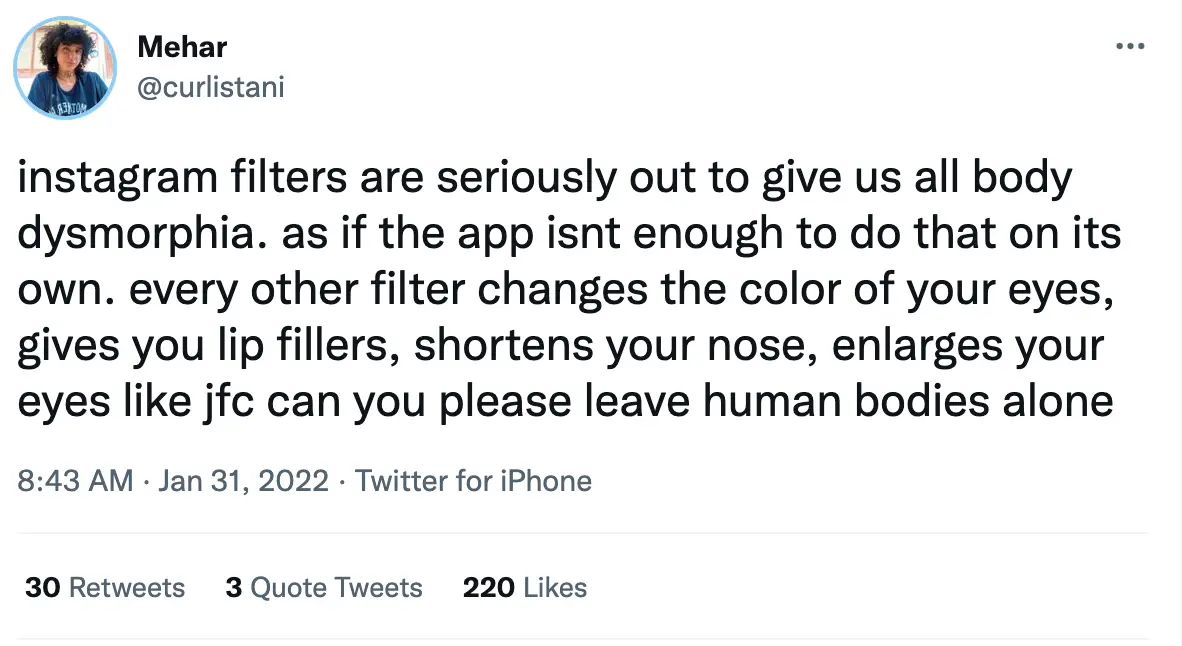
While 30 percent of patients are sent to the in-house psychologist, it is hard to predict how successful the results of the session will be.
"It is [also] difficult to give full statistics on how prevalent body dysmorphia is as many patients don’t admit to having an issue," the doctor explained.
'As a result of Covid and lockdown', Dr Banwell has seen 'an explosion of mental health issues' which has led to 'some people wanting cosmetic treatments or surgery on their face'.
"We’ve seen ourselves on Zoom and video calls at awkward angles and this has absolutely led many patients to look to change things about their appearance that possibly only slightly bothered them before," Dr Banwell said.
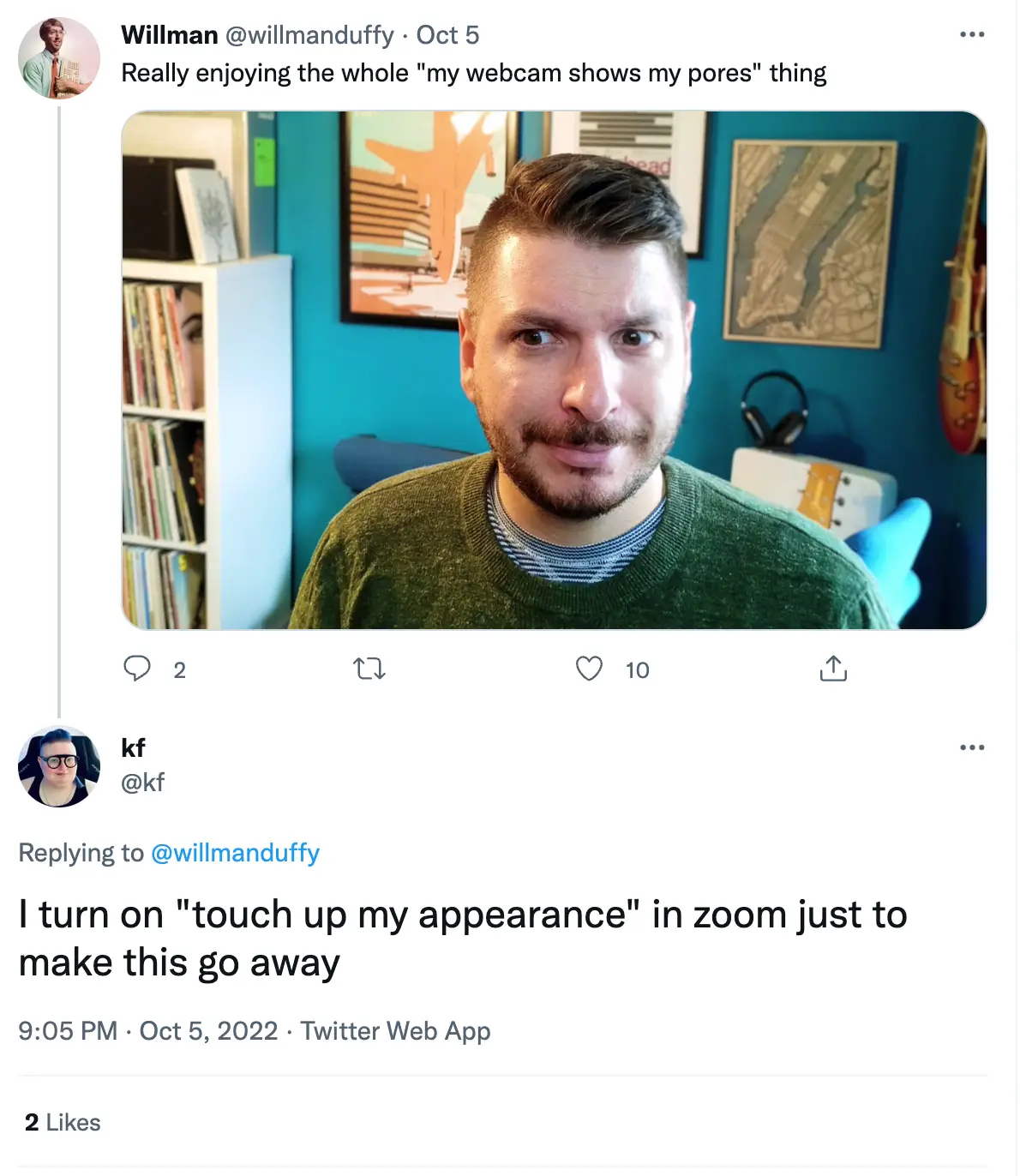
However, it's not just Instagram and filters which are to blame, as there have been many looks popularised and yearned after over the years.
"During my career, I have seen many trends come and go. For example, lip fillers have been popular for a while," Dr Banwell continued. "But whereas previously, people wanted really full lips, now too much filler is frowned upon and you don’t want people to be able to tell you’ve had your lips done. People still want enhanced lip definition but definitely not the ‘trout pout'."
As a result of the rise of filters, people are instead coming to cosmetic surgeons for more subtle changes, but alas, still ones which are unachievable.
Dr Banwell's biggest concern if for those who are growing up with such filters and social media from a very young age; young people stimulated to get social media not just to connect with friends and family, but because of 'an instinctive drive to be popular and liked'.
Being popular and liked often equates to adhering with the current standards of beauty too.
"A 2017 study in the journal Cognitive Research: Principles and Implications found that people only recognised manipulated images 60 percent - 65 percent of the time and I have noticed that the age of patients enquiring about cosmetic surgery is also getting younger," he said.
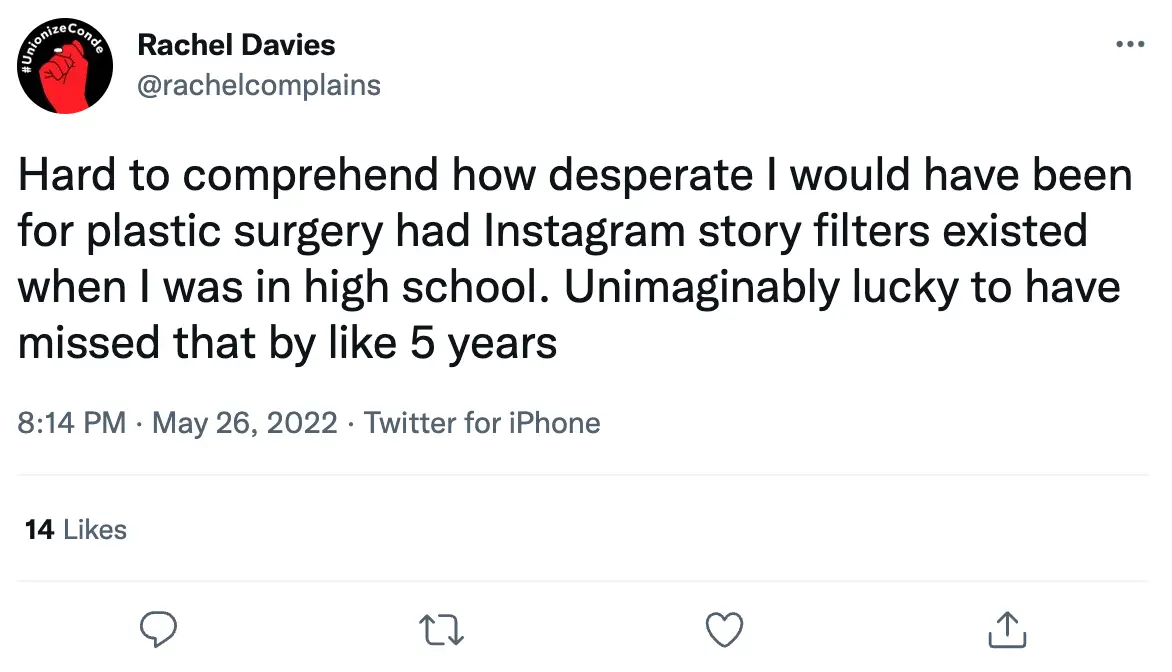
But what's the solution to this?
A simple answer could be to ban the user of filters. However, Dr Banwell doesn't think this is 'possible'.
"The use of digital enhancement on social media is so commonplace nowadays that people use filters and apps to completely reshape their face and body and think that it's normal.
"You’re now able to quickly create a new version of yourself which is comparable to looking in the mirror every day. Because these filters and edits have become the norm among influencers and celebrities. It’s altering people’s perception of normal beauty ideals worldwide," he said.
Instead, in order - in particular - to protect young people, Dr Banwell stressed the importance of influencers declaring 'when a photo they post online has been digitally enhanced'.
"At least that way the young, impressionable people looking at them will be able to realise that they don’t look like that naturally," he said.
Dr Banwell also believes the responsibility lies with 'both parents and cosmetic professionals to support teens and help them to be able to distinguish between social media and reality'.
The plastic surgeon also 'welcomes' the news of social media influencers being banned from using 'misleading' filters on 'beauty adverts'.
However, he thinks it 'needs to go further'.
"Influencers need to be declaring when they are using a filter in general," he resolved.
Although, this comes with its own difficulties, and Dr Banwell noted how declaring filter use isn't 'helpful either'.
Dr Banwell resolved: "Publicly shaming people who choose to use filters isn’t going to solve any problems.
"But there's a whole generation growing up comparing themselves to edited images and legislation does need to change. If we had clear laws on filters, it would be easier to control it."
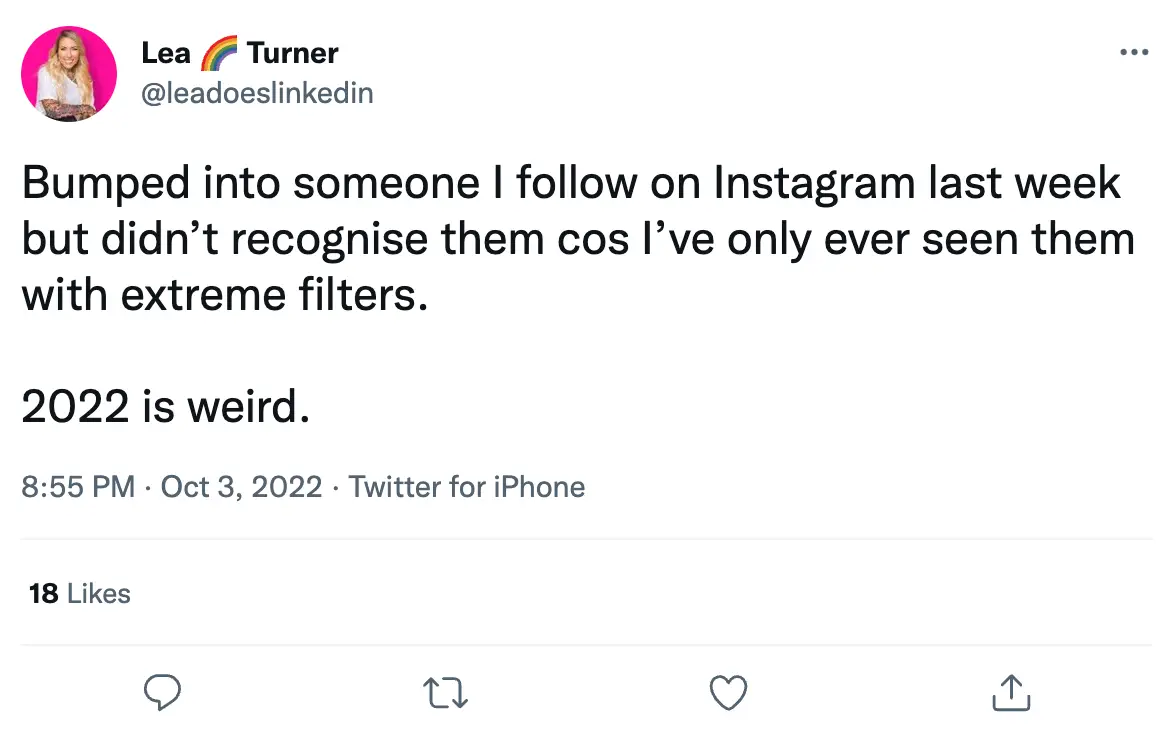
Dr Banwell resolved: "I would urge caution as you can get used to seeing yourself in a perceived ‘perfect’ way on social media, which isn’t a true reflection of what you see in the mirror.
"If you are always showing yourself on social media with a particular filter, what happens when you meet those people in real life and you look different?"
A spokesperson for Meta told Tyla: "We want AR effects to be a positive and safe experience for our community, while allowing creators to express their artistic perspectives. We ban effects that directly promote potentially dangerous cosmetic surgery, and we don’t recommend certain face altering effects in the effects gallery. And when an effect is used in Instagram Stories, its name is shown at the top, making it clear an effect has been used."
If you have been affected by the contents of this article, contact Mind on 0300 123 3393 between 9am to 6pm Monday to Friday (except bank holidays). Alternatively, you can visit their website here.
If you’re experiencing low self-esteem, contact Mind on 0300 123 3393 between 9am to 6pm Monday to Friday (except bank holidays). Alternatively, you can visit their website here.
Topics: Beauty
